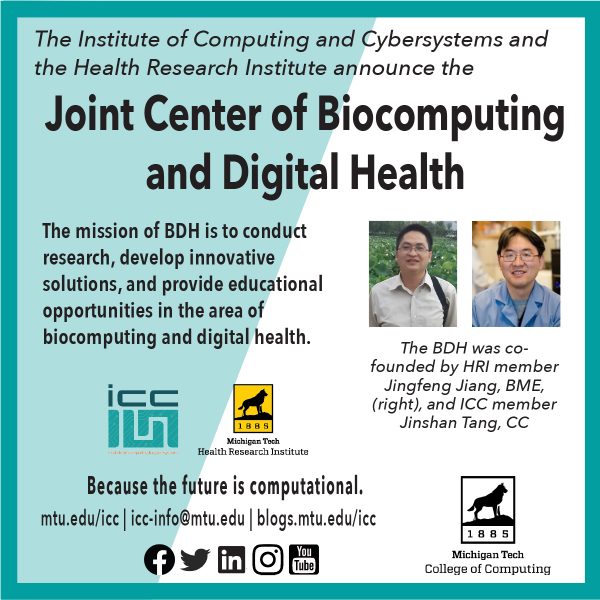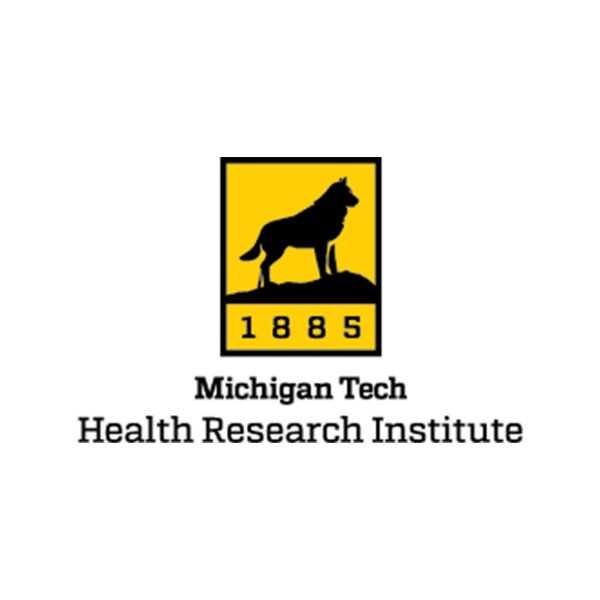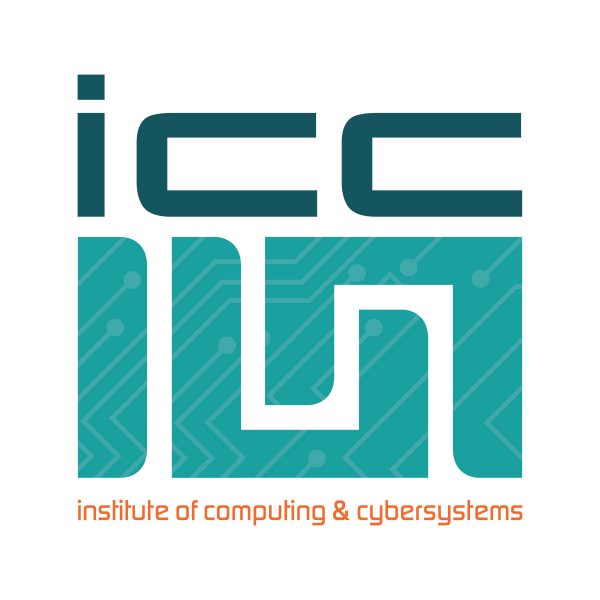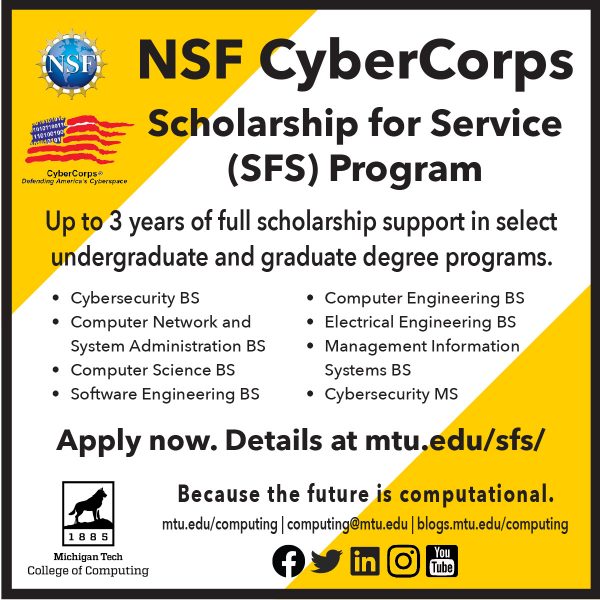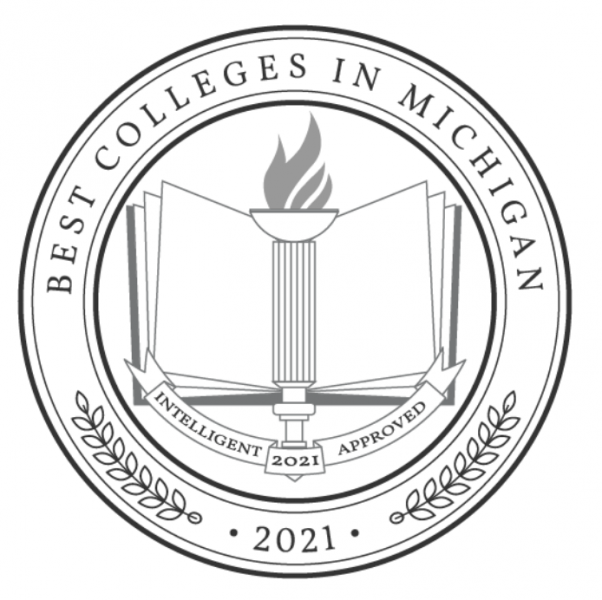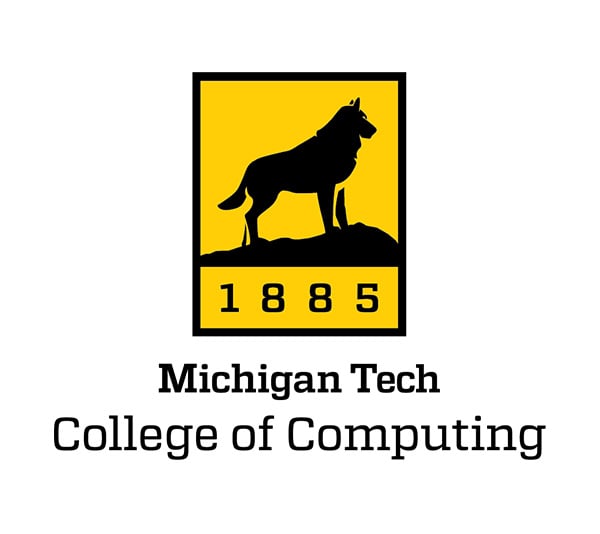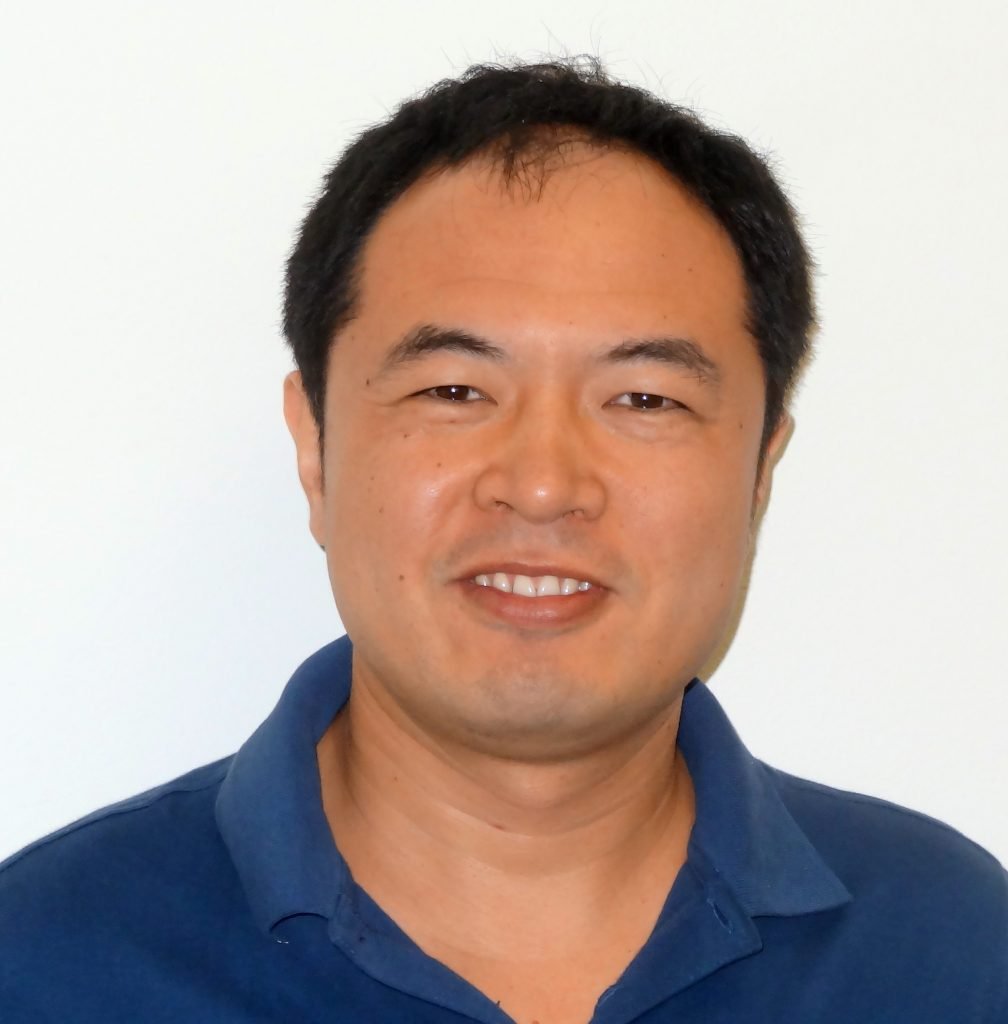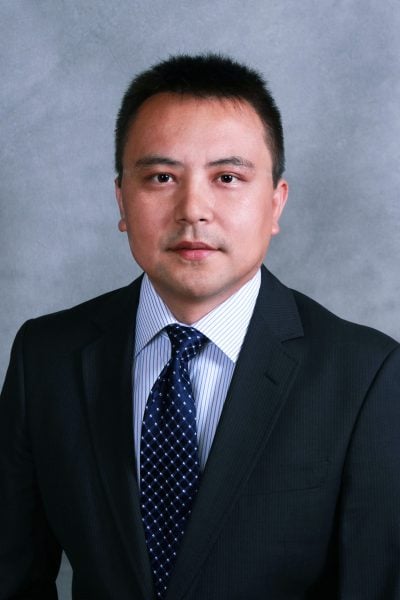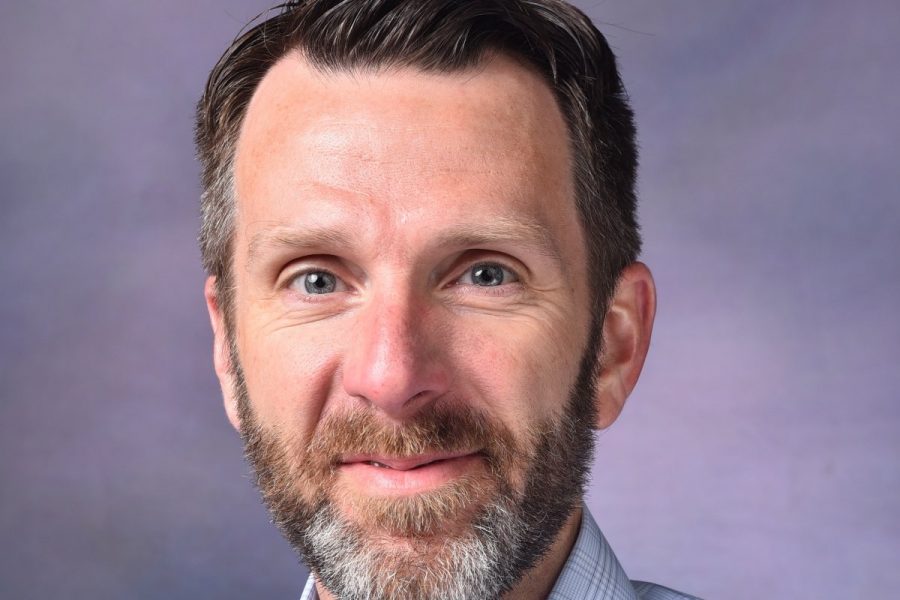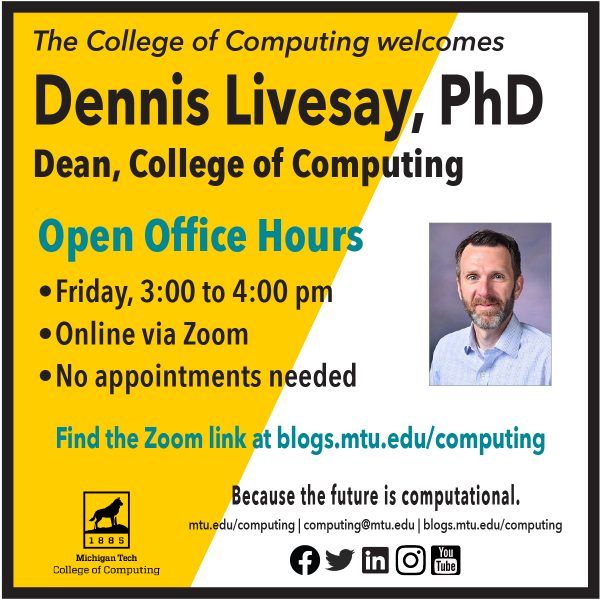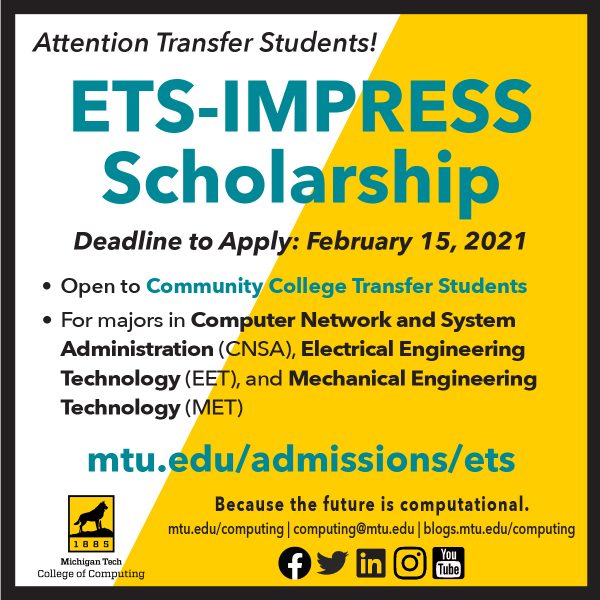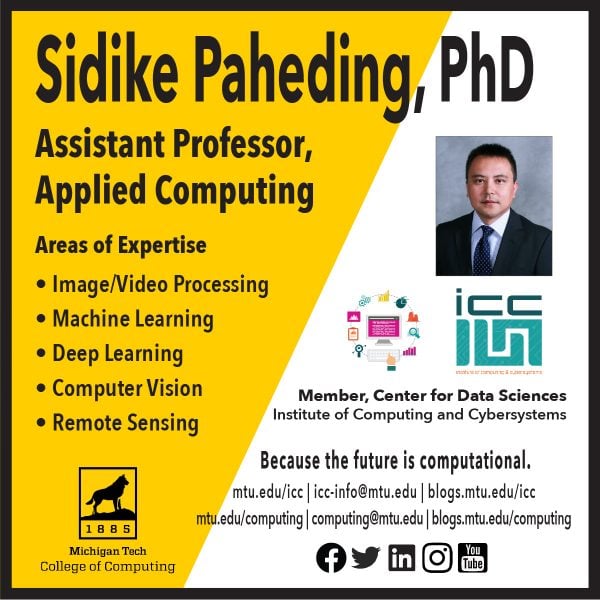
A scholarly paper co-authored by Assistant Professor Sidike Paheding, Applied Computing, has been published in the April 2021 issue of ISPRS Journal of Photogrammetry and Remote Sensing, published by Science Direct.
The title of the paper is, “Field-scale crop yield prediction using multi-temporal WorldView-3 and PlanetScope satellite data and deep learning.”
Paheding is a member of the Institute of Computer and Cybersystems’s (ICC) Center for Data Sciences.
